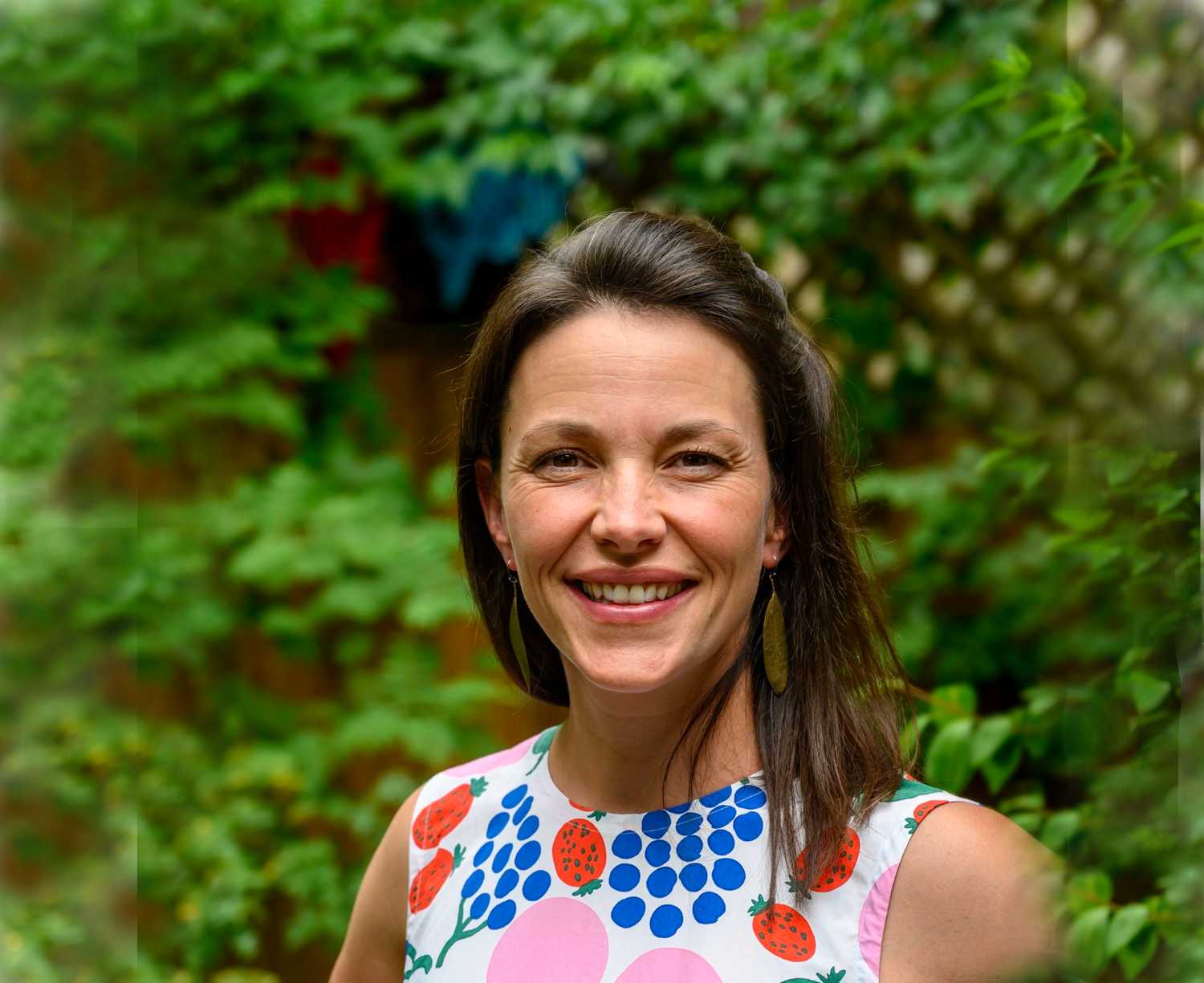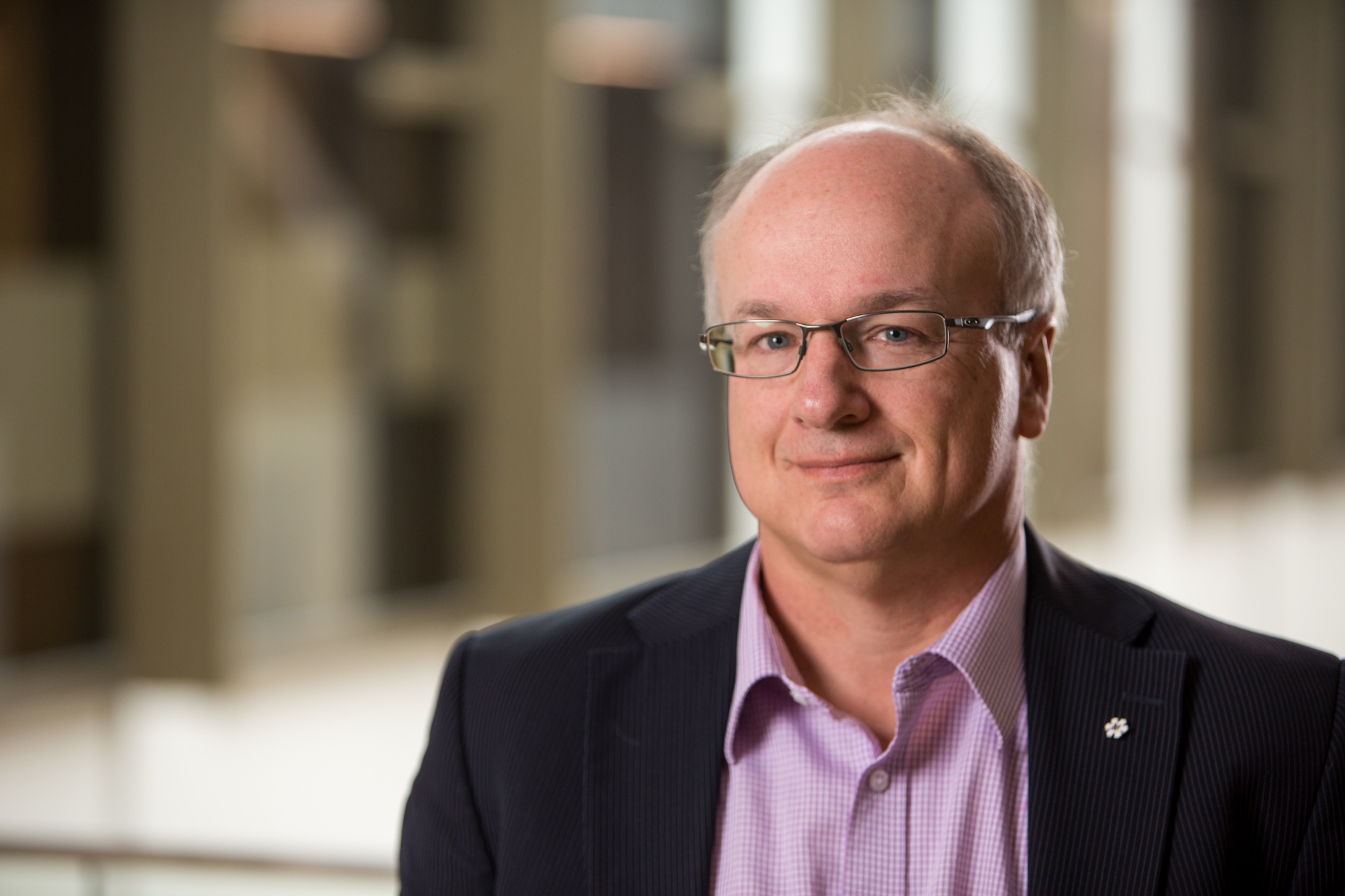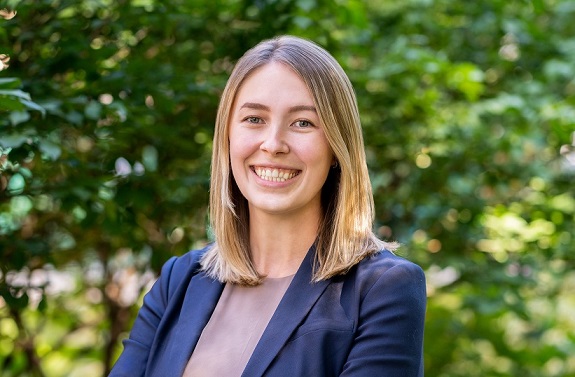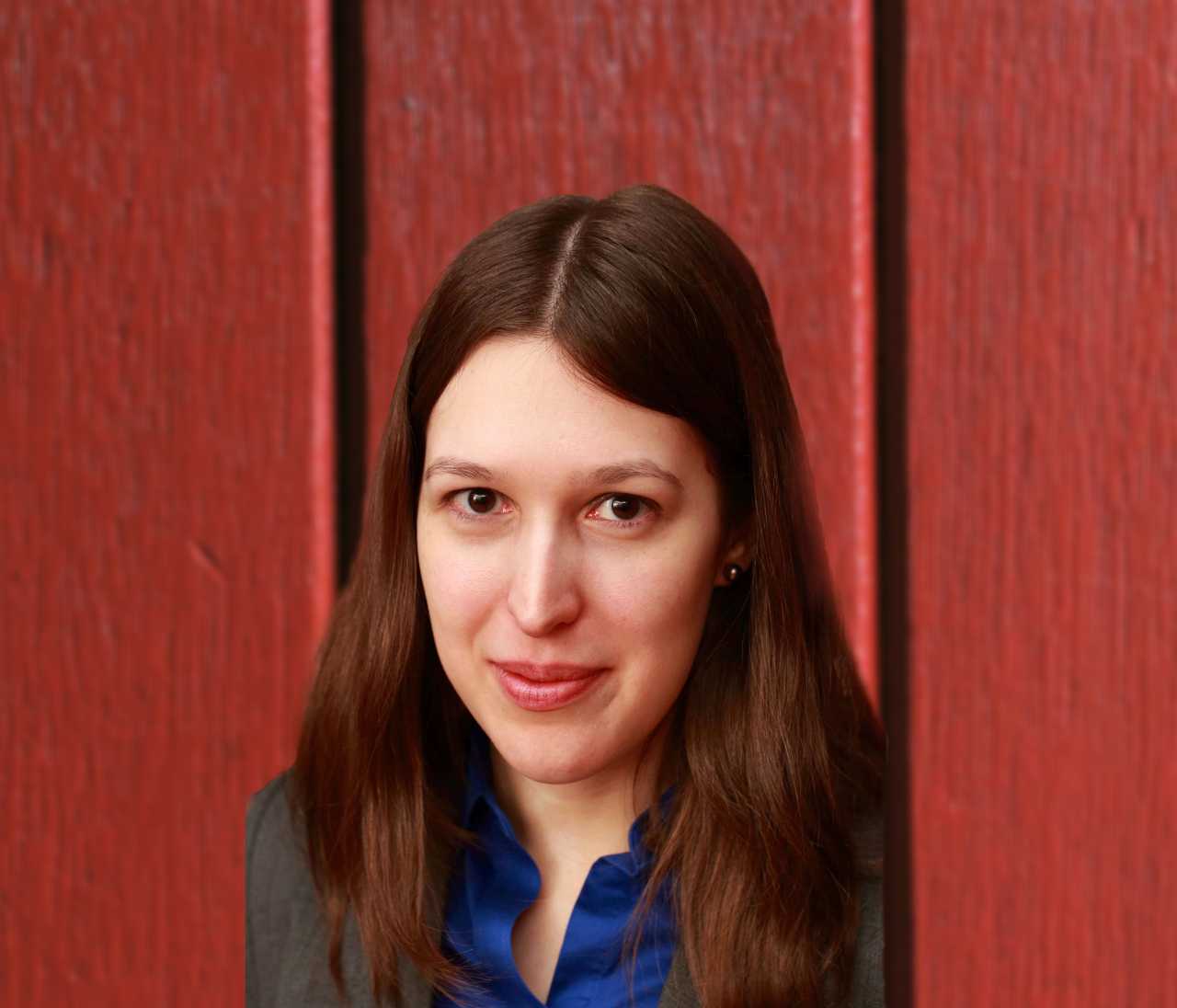About
Why a registry of Canadian Wrongful Convictions?
Welcome to the first Canadian Registry of Wrongful Convictions (the "Registry"). This site was created to draw attention to known wrongful convictions in Canada and to those who have received remedies. Our intention is to look critically at who is represented among publicly recognized wrongful convictions, and conversely, which populations are overrepresented among incarcerated people and those with criminal records, but underrepresented in terms of wrongful conviction remedies in Canada. We suspect that the same factors that created the overrepresentation of Indigenous, Black, and other racialized people in prison populations - systemic racism, colonial structures, etc. - also bar the most vulnerable from seeking and receiving a remedy once they have been victimized by the colonial system.
We take inspiration from the American National Registry of Exonerations, University of Essex Miscarriages of Justice Registry, and Networked Knowledge: The Australian Miscarriages of Justice Alliance.
What is a wrongful conviction?
We do not claim as researchers to make determinations of guilt or innocence. The criterion for selection in the Registry is that a wrongful conviction occurs when a criminal conviction is overturned based on new matters of significance related to guilt not considered when the accused was convicted or pled guilty. A conviction that is overturned on appeal without new evidence or that is stopped because of a Charter of Rights and Freedoms violation will generally not be counted unless specific indicia of a wrongful conviction are present, such as unreliable evidence on issues relating to guilt. A conviction is overturned if an acquittal is recorded (on appeal or after a new trial) or if the Crown does not proceed with a prosecution when a new trial is ordered. A wrongful conviction also includes cases where a state official, through a free pardon or other decision, including the payment of compensation, recognizes that a person ought not to have been convicted.
We rely on publicly available information and do not practice law, act for the wrongfully convicted, or have access to confidential information. Our focus is on measuring convictions recognized as wrongful by official state action. The cases are not limited to proven factual innocence, a concept not known in Canadian law. At the same time, the wrongful convictions recorded in the Registry are underinclusive of all miscarriages of justice - including the conviction of the factually innocent - because of the difficulty that people experience, once they have been convicted or pled guilty, in finding new evidence and having the courts accept it.
Contributors
Primary Contributors

Amanda Carling
Amanda (she/her) is Métis from Red River, Treaty One. Amanda attended law school at the University of Toronto (JD, 2012) and articled with Innocence Canada (formerly the Association in Defence of the Wrongly Convicted or AIDWYC). She was called to the Ontario Bar in 2013. Amanda has served on the board of Aboriginal Legal Services in Toronto, launched Innocence Canada’s National Legal Education Program, was a member of the Debwewin Jury Implementation Committee and is a member of the Canada Committee of Human Rights Watch. Amanda joined the BC First Nations Justice Council in March 2022 and was called to the Bar of British Columbia shortly thereafter. She is honoured to live on the unceded territory of the Syilx Okanagan peoples and to serve the Justice Council as their first CEO. Amanda co-founded the Registry with Kent Roach in 2018.

Kent Roach
Kent (he/him) is a professor of law at the University of Toronto Faculty of Law. He is the author of 17 books, including, most recently, Wrongfully Convicted: Guilty Pleas, Imagined Crimes and What Canada Must Do To Safeguard Justice. He was research director for both the Miscarriages of Justice Commission by Justice LaForme and Westmoreland-Traore in 2021 and the Goudge Inquiry on Forensic Pathology. Kent is well known for his expertise and writings on criminal law, the Canadian Charter of Rights and Freedoms, and anti-terrorism law. He was appointed a member of the Order of Canada in 2015. Kent co-founded the Registry with Amanda Carling in 2018.

Jessie Stirling
Jessie (she/her) is a Kwakwaka’wakw woman of the Wei Wai Kum First Nation in Campbell River, B.C.. She holds a Juris Doctor and Certificate in Aboriginal Legal Studies from the University of Toronto Faculty of Law. Jessie has worked and volunteered with several organizations in B.C. and Ontario to advance social justice for Indigenous peoples. She has volunteered with the Registry since 2018 as a project manager and currently practices law as an Indigenous rights lawyer.

Joel Voss
Joel (he/him) holds a Bachelor of Commerce from the University of Alberta (2017) and a Juris Doctor from the University of Toronto Faculty of Law (2020). As a law student, he volunteered in the criminal division of Downtown Legal Services. Joel has volunteered with the Registry since 2020, assisting with research, data analysis, website development, and more.

Sarah Harland-Logan
Sarah (she/her) was called to the Ontario bar in 2015. She has worked with criminal defendants, complainants, persons subject to psychiatric detention orders, and state actors. Sarah attended the University of Toronto Faculty of Law (J.D., 2014) and Harvard University (B.A., magna cum laude, English with secondary field in Global Health and Health Policy, 2010). Since she was a student, Sarah's work has explored the intersection between biomedical science and the law. She has volunteered with the Registry since 2022, providing research and review on a wide range of topics.
Additional Contributors
- NameContribution
- The Bennett Family Foundation
The Registry team is grateful to the Bennett Family Foundation for a grant that made building this website and database possible.
- Moe Butterfly (Onödowa’ga:’)
Moe Butterfly (they/them/he/him) is a 21-year-old, mixed Seneca, Two-Spirit artist currently residing on Susquehannock land. Within his work he does a combination of both traditional and modern Indigenous concentrations with a large emphasis on Two-Spirit representation. In their free time they also are a Fancy Shawl Dancer and a part of their family’s drum circle. His main medium is digital painting, and can be found to have a lot of deep, saturated colors. While his art is for everyone to enjoy, he hopes that more than anything that young, Two-Spirit youth will find themselves in his art. The Registry team is grateful to Moe for creating several unique pieces of art for our Registry, including the image of medicines at the top of this page, the iceberg on the homepage, the thumbnail photo for the "Better Correction of Wrongful Convictions" Issue Spotlight, and the portrait of Tammy Marquardt featured on the Indigenous Women Issue Spotlight page. Follow them on Instagram @moe.butterfly.art.
- Jim Rankin
After winning the prestigious St. Clair Balfour Fellowship, one of six William Southam Journalism Fellowships, Jim took the wrongful convictions course at the University of Toronto Faculty of Law in 2017 and formed part of the initial working group, drafting templates and training researchers.
- Natalie Alcoba
After winning the prestigious Webster McConnell Fellowship, one of six William Southam Journalism Fellowships, Natalie took the wrongful convictions course at the University of Toronto Faculty of Law in 2017 and formed part of the initial working group.
- Naheed Mustafa
After winning the prestigious CBC/Radio-Canada Fellowship, one of six William Southam Journalism Fellowships, Naheed took the wrongful convictions course at the University of Toronto Faculty of Law in 2017 and formed part of the initial working group.
- Joanne McLean
Joanne has served as a Director of Innocence Canada and Articling Principal to many of their students over the years. She provided support to CRWC student researchers in 2020.
- Erin Wheatley
Erin created the logo for the Registry.
- Gian Medves
Gian was part of the first working group and secured faculty support for the Registry.
- Natalie Chan
2020 University of Toronto Registry student researcher.
- Simon Kim
2020 University of Toronto Registry student researcher.
- Cassie Devenyi
2020 University of Toronto Registry student researcher.
- Katie Kim
2020 University of Toronto Registry student researcher.
- Jeremy Greenberg
Student researcher and published author.
- Erica McLachlan
2021 University of Toronto Registry student researcher.
- Maggie Arai
2021 University of Toronto Registry student researcher.
- Kayly Machado
2021 University of Toronto Registry student researcher.
- Madeline Stewart
2021 University of Toronto Registry student researcher.
- Alexandria Gates
2021 University of Toronto Registry student researcher.
- Raoof Zamanifar
2021 University of Toronto Registry student researcher.
- Alexis Archbold
Supportive colleague from the University of Toronto Faculty of Law.
- Sarah Faherty
Supportive colleague from the University of Toronto Faculty of Law.
- Dan Hill
Supportive colleague from the University of Toronto Faculty of Law.
- Neil Darbyshire
Supportive colleague from the University of Toronto Faculty of Law.
- Tara Rose McDonald
University of Ottawa Faculty of Law 2020-21 student researcher.
- Mark Green
University of Ottawa Faculty of Law Professor of Wrongful Convictions and legal counsel at the Criminal Conviction Review Group (CCRG).
- Stephen Bindman
University of Ottawa Faculty of Law Professor of Wrongful Convictions and Special Advisor on Wrongful Convictions at the Department of Justice.
- Dr. Timothy E. Moore
Professor of Psychology at York University, Glendon Campus.
- Jacqueline Briggs
Jacqueline researched and drafted the entry in the Timeline of Injustice outlining Joseph Sankey's wrongful conviction.
- All Other Contributors
Over the five years we were on the journey of creating this Registry, we tried our best to keep track of all those who supported its development. If we have forgotten your name, please accept our apology; we have greatly appreciated your support.